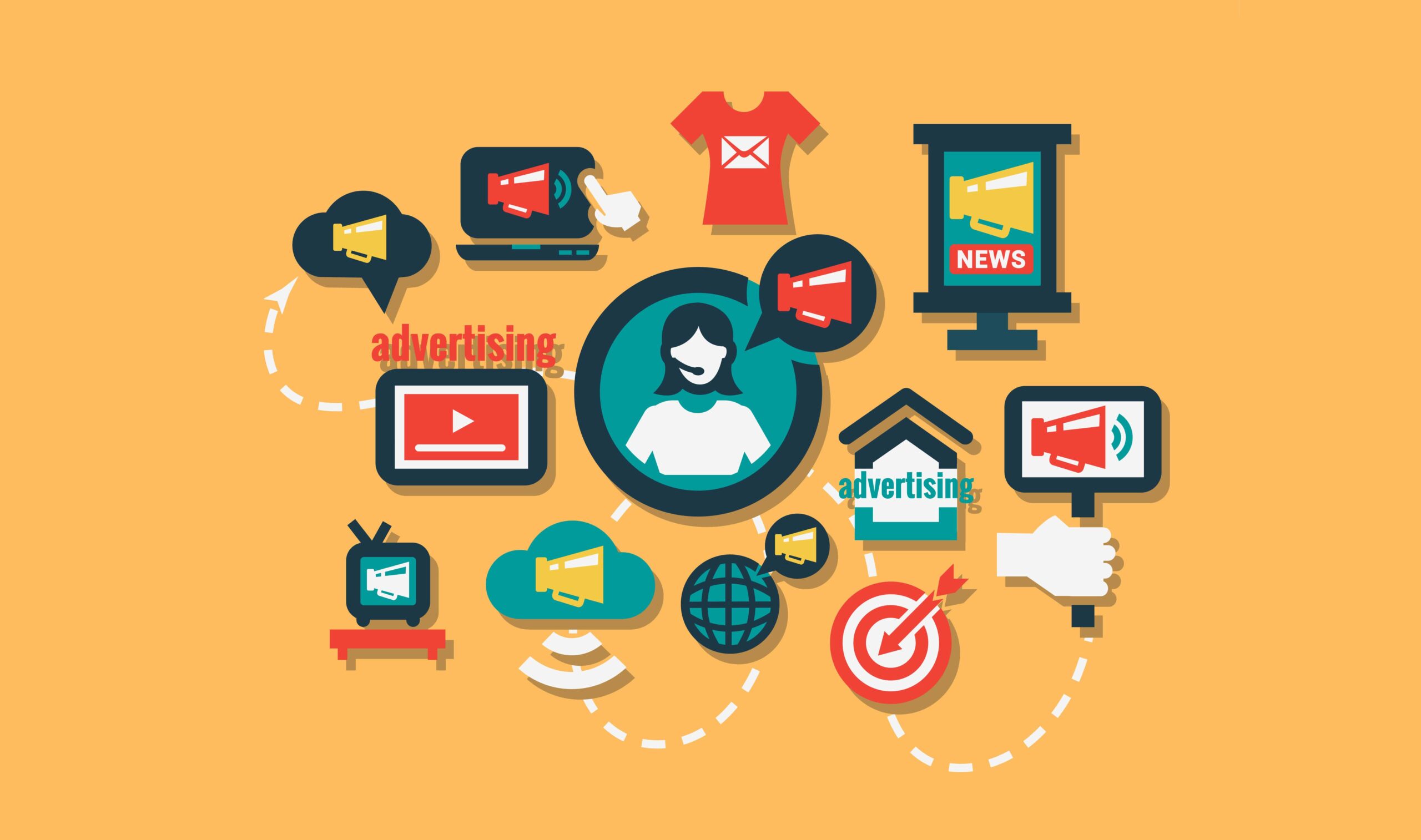How to Build a Comprehensive Digital Marketing Strategy in 3 Steps

Have the content your customers want on your website
Today, an estimated 94 percent of B2B buyers and 81 percent of B2C buyers say that they research online before making a purchase. Your customers today are using the internet to learn about how they can solve their pain points. For you to bring these customers to your brand, you need to have the content that answers their questions and addresses their concerns.
Content marketing needs to be relevant for the entire range of the buyer’s journey. For example, you want to have blog posts, articles and informational videos that will entice those at the early awareness and consideration stages. For those getting closer to making a decision, video product demonstrations, customer testimonials, and white papers will help them see the value in selecting your brand as their vendor.
The material you post will also need to be highly relevant to the needs of your customers. Considering that 90 percent of data today was produced just in the past two years, it is clear that there is an incredible amount of information being produced online — leading to intense competition. Keyword research and analytics are critical to ensuring that you select topics that are relevant to your audience and carry a high search volume.
Use inbound marketing strategies to drive people to your site
To bring people back to your website, you will want to employ a full range of inbound marketing techniques. These strategies will help you engage people with your brand so they become encouraged to explore your site and learn more about you.
You will need to begin by optimizing your content. Make sure you include your keyword in important locations, such as the title, headings, URL, meta description, and naturally throughout the content. This will help to ensure that your content is displayed favorably on the SERPs, attracting organic traffic. Considering that an estimated 51 percent of your site’s traffic comes from organic results, this forms the cornerstone of your inbound strategy.
You also want to use social media to build a rapport with your followers. Build a community by regularly posting relevant, interesting articles and comments. Encourage conversation on your page, invite participation with contests and prizes, and be ready to answer users’ questions. Social media is an excellent opportunity to build relationships.
Brands can also boost their website traffic through influencer marketing and guest posts. By building relationships with those influential in your industry, you can get your brand in front of a larger audience. Similarly, writing guest posts to publish on larger sites can help you increase brand recognition and encourage people to visit your site.
Use outbound marketing to complement your inbound strategy
Outbound marketing also continues to have considerable success. Email, for example, has an average ROI of 3,800 percent and drives more conversions than any other marketing channel. SMS marketing can also be extremely valuable. Fully 75 percent of consumers say that they want to receive offers through text messages.
The key to all outbound marketing efforts, however, is personalization. Personalized emails will deliver six times higher transaction rates, for example. When people feel as though the offers and messages they are being sent were picked out precisely for them, they are more responsive. By basing your outbound measures upon consumer behavior on your website, you can achieve a considerable amount of this personalization.
You can integrate your various outbound efforts, such as email and SMS, with your inbound techniques, such as your social media efforts, into one platform with Experiture. You can then reach out to your prospects using the means of communication they prefer. Using a simple drag-and-drop functionality, you can create customized messages that people appreciate. This nurtures your relationship and increases engagement.
A comprehensive digital marketing strategy is the key to competing in modern business. Your customers will be using the internet to learn about your industry and the options your company provides. You want to make sure you have the strong online presence needed to ensure that you are ready to meet these customers when they perform their searches.
